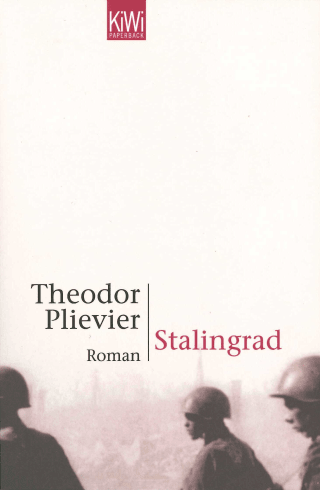Against forgetting. Theodor Plievier’s novel “Stalingrad,” translated to 26 languages and a bestseller since its publication, is undisputedly the most important documentary epic about World War II. It owes its unrivaled authenticity to the fact that Plievier, an émigré in Moscow at the time, was able to interview the survivors of the 6th Army in detention camps. His unsparing description of the battle and military leadership’s failure isn’t just a political and moral reckoning with the Hitler regime’s delusions of grandeur and contempt for humanity, but also a decisive plea for peace and against forgetting. With its gripping montage of facts and powerful individual portraits, Plievier’s novel convinced Victor Klemperer “that this book will come to count among the enduring classics.”


